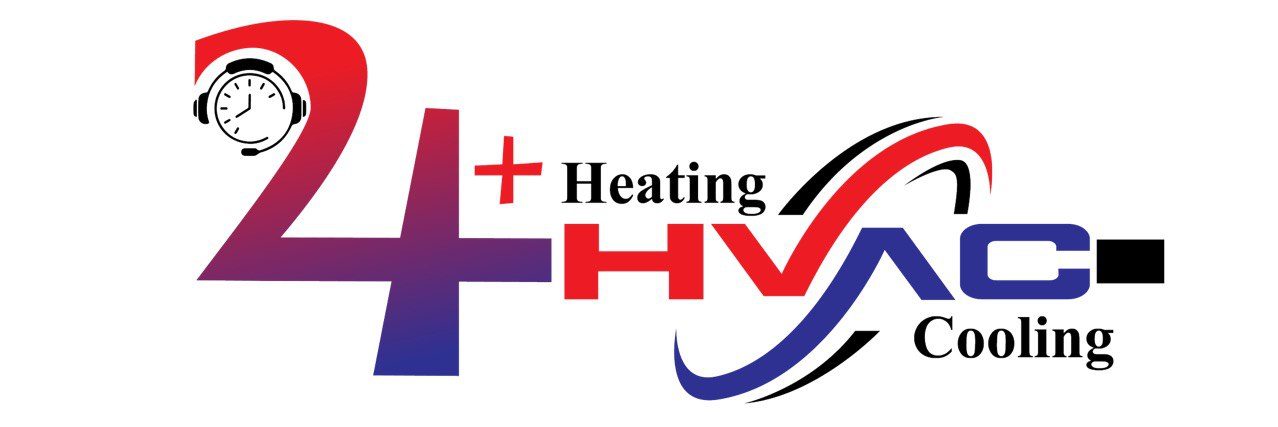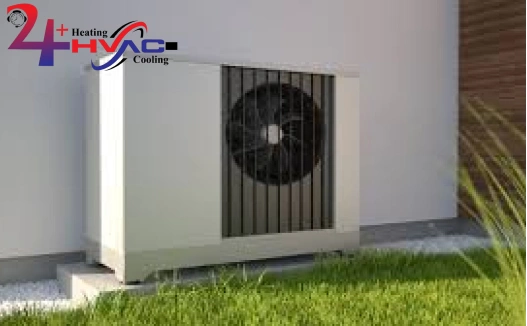SEO Title: Eco-Friendly Heating: Top Sustainable Solutions for Efficient Home Comfort
Meta Description: Discover eco-friendly heating options to reduce energy bills, stay warm, and help the planet with sustainable home heating solutions.
Introduction: Why Eco-Friendly Heating Matters More Than Ever
As climate change intensifies and energy costs rise, homeowners are increasingly seeking greener, more cost-effective ways to heat their homes. Eco-friendly heating not only helps reduce your environmental impact but also provides long-term savings and increased comfort. Whether you’re building a new home or upgrading an older system, this guide explores the best sustainable heating options available today.
In this article, we’ll uncover various eco-conscious heating systems, compare their benefits, discuss installation and maintenance tips, and show you how to choose the best solution for your needs. If you’re looking to reduce your carbon footprint while enjoying a cozy living space, read on.
1. Understanding Eco-Friendly Heating Systems
Eco-friendly heating refers to systems that minimize environmental impact while maximizing energy efficiency. These systems use renewable or lower-emission energy sources, offering a more sustainable alternative to traditional fossil fuel-based systems.
Common characteristics include:
- Use of renewable energy (solar, geothermal, etc.)
- High energy efficiency ratings
- Low or zero emissions
Why it matters:
- Reduces greenhouse gas emissions
- Lowers energy bills
- Increases your home’s resale value
2. Heat Pumps: Efficiency Meets Sustainability
Heat pumps are among the most efficient eco-friendly heating solutions. They work by transferring heat rather than generating it, making them highly energy-efficient.
Types of heat pumps:
- Air-source heat pumps (ASHP): Extract heat from the air
- Ground-source (geothermal) heat pumps: Use the earth’s constant underground temperature
Benefits:
- Can be used for both heating and cooling
- Significantly lower energy use
- Quiet operation and low maintenance
3. Solar Heating Systems: Harnessing the Sun
Solar heating systems convert sunlight into heat using solar panels and thermal collectors. These systems can work independently or supplement other heating solutions.
Advantages:
- Clean and renewable
- Drastically reduces heating costs over time
- Incentives and rebates available in many areas
Ideal for:
- Homes with ample sunlight exposure
- Supplementing existing systems
4. Radiant Floor Heating: Comfort from the Ground Up
Radiant heating systems distribute warmth evenly through floors, offering a luxurious and energy-efficient way to heat your home.
Types:
- Hydronic (uses water tubes under the floor)
- Electric (uses heating cables)
Why it’s eco-friendly:
- More efficient than forced-air systems
- Lower temperature settings can still provide optimal comfort
5. Biomass Heating: Organic Fuel for Modern Homes
Biomass systems burn organic materials like wood pellets, chips, or logs to generate heat.
Pros:
- Carbon-neutral when using sustainably sourced materials
- Cost-effective in rural areas
Considerations:
- Requires space for fuel storage
- Regular maintenance needed
6. Smart Thermostats and Energy Management
Even the most efficient heating system can waste energy without proper control. Smart thermostats optimize heating performance and reduce waste.
Key features:
- Learning algorithms to adjust to your habits
- Remote control via smartphone apps
- Integration with home automation systems
Environmental benefits:
- Prevents overheating or energy loss
- Tracks usage to identify efficiency improvements
7. Insulation and Sealing: The Foundation of Efficiency
A well-insulated home keeps heat in and reduces the workload of your heating system.
Key improvements include:
- Upgrading attic and wall insulation
- Sealing windows and doors
- Using insulated curtains or thermal blinds
Impact:
- Enhances the effectiveness of eco-friendly systems
- Significantly lowers energy consumption
8. Hydronic Heating Systems: Efficient Water-Based Heating
Hydronic systems circulate hot water through radiators or tubing under floors.
Benefits:
- Even heat distribution
- Quiet operation
- Compatible with solar and geothermal systems
Why it’s sustainable:
- Works efficiently at lower temperatures
- Integrates well with renewable energy sources
9. Government Incentives and Rebates for Green Heating
Many governments offer financial incentives to encourage adoption of eco-friendly systems.
Possible benefits:
- Tax credits for system installation
- Rebates on energy-efficient appliances
- Low-interest financing programs
Where to start:
- Green Heating Solutions in Vancouver
- Local energy office or utility provider
10. Choosing the Right Eco-Friendly Heating System for Your Home
Selecting the best sustainable heating system depends on several factors.
Considerations:
- Local climate
- Budget and installation costs
- Energy efficiency goals
- Compatibility with existing infrastructure
Professional advice matters:
- Work with trusted professionals like 24 Plus Heating and Cooling to evaluate and install the right system.
- Explore their Heating Services in Vancouver for expert help.
Conclusion: Make the Switch to Eco-Friendly Heating Today
Eco-friendly heating is more than just a trend; it’s a smart investment in your home, your comfort, and the planet. From heat pumps to solar systems and smart thermostats, sustainable options are available for every budget and lifestyle.
Choosing the right system starts with understanding your home’s needs and working with a reliable partner. 24 Plus Heating and Cooling offers expert guidance and top-tier installation services to help you transition smoothly to greener heating solutions.
Ready to make your home more energy-efficient and eco-conscious? Contact us today and take the first step toward a sustainable future.

